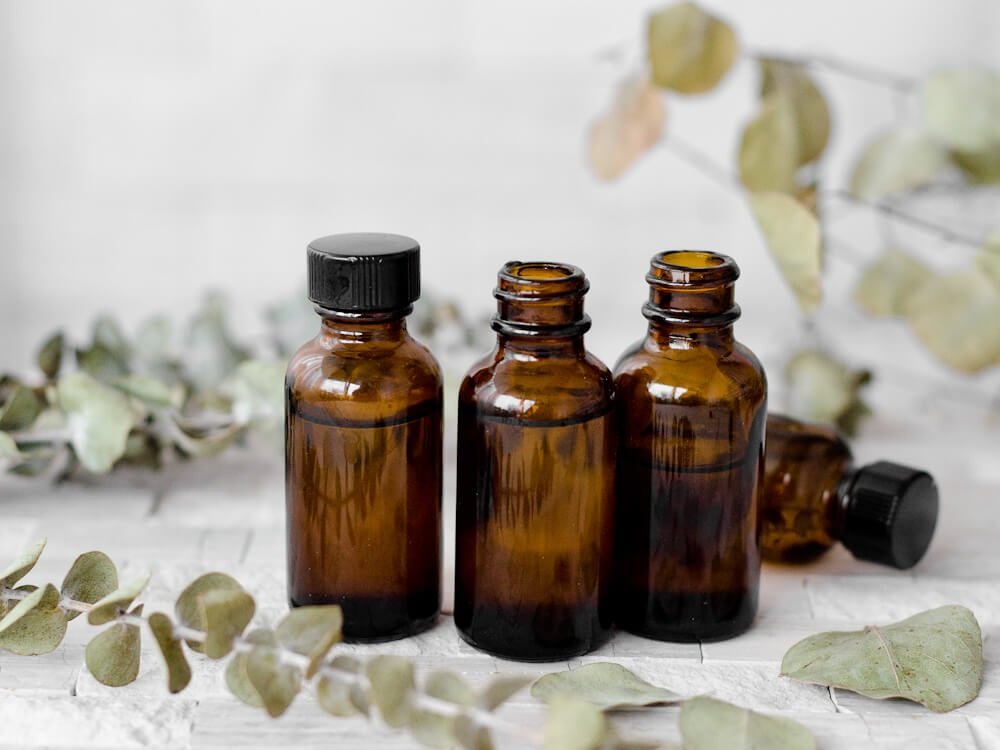In the world of cosmetic wholesale packaging, sustainability has become a paramount concern for eco-conscious manufacturers. This article delves into the significance of sustainable essential oil bottles wholesale and their role in the realm of cosmetics.
The Shift Towards Sustainability
Eco-conscious consumers are driving a significant shift in the cosmetics industry towards more sustainable practices. This transformation extends to every aspect of cosmetic production, including packaging. As a result, essential oil bottles wholesale are now being sought with a focus on sustainability.
Sustainable Cosmetic Wholesale Packaging: A Necessity
Cosmetic wholesale packaging is an integral part of the beauty industry, and its environmental impact cannot be ignored. To address this concern, manufacturers are actively seeking sustainable alternatives to traditional packaging materials.
The Rise of Essential Oil Bottles Wholesale
Essential oils have gained popularity not only for their aromatic and therapeutic properties but also for their use in cosmetics. As a result, the demand for essential oil bottles wholesale has surged, prompting manufacturers to explore sustainable options.
Essential Oil Bottles Wholesale and Sustainability
Sustainable essential oil bottles wholesale are designed with eco-friendliness in mind. These bottles are typically made from recyclable materials, reducing their impact on the environment.
Meeting Consumer Expectations
Eco-conscious consumers expect brands to make environmentally responsible choices, and packaging is a key area of concern. Manufacturers must align their cosmetic wholesale packaging with these expectations to maintain brand credibility.
Eco-Friendly Materials in Packaging
Sustainable essential oil bottles are often made from eco-friendly materials such as recycled glass or PET plastic. These materials not only reduce waste but also lower the carbon footprint associated with production.
The Role of Cosmetic Wholesale Suppliers
Cosmetic wholesale suppliers play a crucial role in offering sustainable essential oil bottles. They collaborate with manufacturers to provide packaging solutions that meet both sustainability goals and product protection requirements.
Customization and Sustainability
Manufacturers have the option to customize their sustainable essential oil bottles to align with their brand identity. This customization ensures that the packaging reflects the brand’s commitment to eco-consciousness.
Sustainable Packaging as a Brand Differentiator
In a crowded market, sustainable packaging serves as a brand differentiator. Manufacturers that prioritize eco-friendly cosmetic wholesale packaging not only appeal to environmentally conscious consumers but also enhance their brand image.
Bulk Orders for Sustainability
Ordering essential oil bottles wholesale in bulk quantities can further enhance sustainability efforts. Bulk orders reduce packaging waste and transportation emissions, making them an environmentally responsible choice.
The Future of Cosmetic Wholesale Packaging
As the cosmetics industry continues to evolve, sustainability will remain a central theme in packaging. Essential oil bottles wholesale made from eco-friendly materials are likely to become the standard, reflecting the industry’s commitment to the environment.
Innovations in Sustainable Packaging
The future holds exciting possibilities for sustainable cosmetic wholesale packaging. Innovations such as biodegradable materials, refillable packaging, and reduced plastic use are expected to reshape the landscape.
Conclusion
In conclusion, sustainable essential oil bottles wholesale are a testament to the cosmetics industry’s commitment to eco-conscious practices. Manufacturers that prioritize sustainable cosmetic wholesale packaging not only reduce their environmental footprint but also appeal to a growing segment of environmentally aware consumers.
As the demand for sustainable packaging continues to rise, essential oil bottles wholesale made from eco-friendly materials are poised to become the norm. Manufacturers must embrace these changes to stay competitive and contribute to a more sustainable future for the cosmetics industry.

